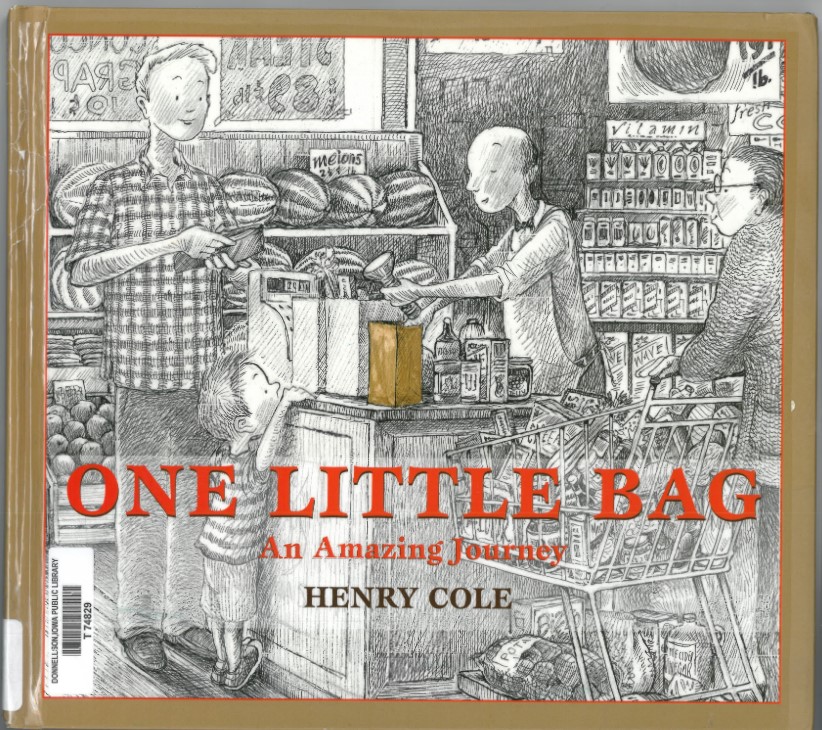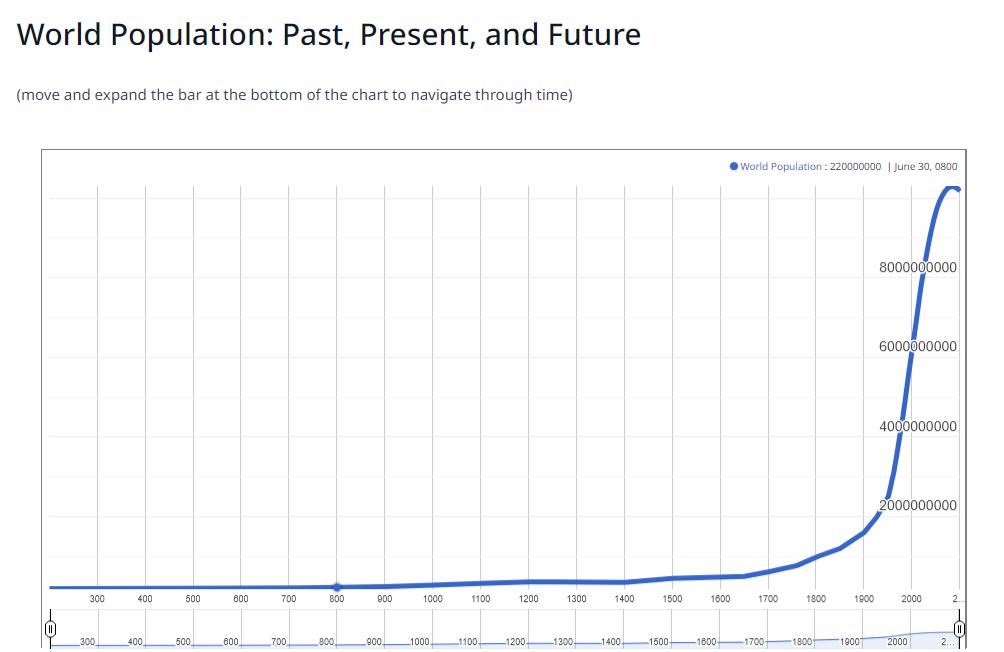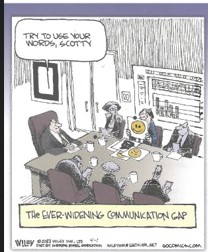Without television news to occupy his time, mariner uses that time to explore other subjects like paleontology and ancient cultural histories, Then there is quantum mechanics. He was drawn to this subject because a number of journals were covering a new breakthrough which solved open issues that have been unresolved since before Einstein.
Of anything one would want to study, quantum mechanics is the most confusing and obscure subject. Mathematics is beyond comprehension and is understood only by the most dedicated mathematician. Relativity is an understated word by which any situation can be redefined and still be true. The wrench for manipulating anything is called a quantum.
A simple metaphor: Looking at a Mercator map of the world (everything is flat making land nearer the poles to be larger than it is), if one were to fly an airplane from India to Denmark, the shortest distance would be a straight line on the map between the two locations. However, if we change the shape of the map to include actual planet-shaped accuracy, the line doesn’t appear straight anymore. In fact, it is a curved line that passes close to the North Pole. Yet, it is the same line, the same length and is curved to match the curvature of the Earth. In one case, straight line; in the other a very curved line yet both are the same line.
The ‘quantum’ in this metaphor is the change in map representation. Let’s make it more realistic: In your yard, you have a very long garden hose. You also have at the middle of the yard a tree that needs watering. Does it affect anything if the hose lies straight between the faucet and the tree or does it affect anything if too much hose is used and it coils all over the yard? No. It’s the same hose whatever shape it has.
What is vital is the location at each end of the lines and hose: India must be India and stay where it is, Denmark must stay where it is. The faucet must stay where it is and the tree must stay where it is. These are finite values – everything else is relative to the stationary locations. These examples are almost too simplistic but mariner can’t go any deeper without getting lost. He dare not get a fancy microscope and use these rules to measure behavior among the molecules, atoms and ions that make up the Universe.
He learned, without understanding, that if you add a lot of differently shaped lines between the finite values, system behavior evolves – like Suns and planets and Homos.
Welcome to quantum mechanics.
Ancient Mariner

 Mariner’s wife, a librarian, has a program where she reads stories to preschool children. She brought home a book which, with astounding clarity, demonstrated human disregard for environmental resources. The book is ‘One Little Bag – An Amazing Journey’ by Henry Cole. All pages are drawings showing a small boy’s affection for his paper bag by always having it at hand for whatever purpose; it is the tale of a little boy who carried his one original lunch bag to school for over 700 lunches even using it to offer a wedding ring to his girlfriend. The pages also show all the industrial steps required to make a paper bag from chopping down the tree to paper manufacture, delivery, etc. One cannot read this simple story without realizing how trashy humans are. What is important is this trashy behavior does not show concern for the more important issue: disappearing resources.
Mariner’s wife, a librarian, has a program where she reads stories to preschool children. She brought home a book which, with astounding clarity, demonstrated human disregard for environmental resources. The book is ‘One Little Bag – An Amazing Journey’ by Henry Cole. All pages are drawings showing a small boy’s affection for his paper bag by always having it at hand for whatever purpose; it is the tale of a little boy who carried his one original lunch bag to school for over 700 lunches even using it to offer a wedding ring to his girlfriend. The pages also show all the industrial steps required to make a paper bag from chopping down the tree to paper manufacture, delivery, etc. One cannot read this simple story without realizing how trashy humans are. What is important is this trashy behavior does not show concern for the more important issue: disappearing resources.
